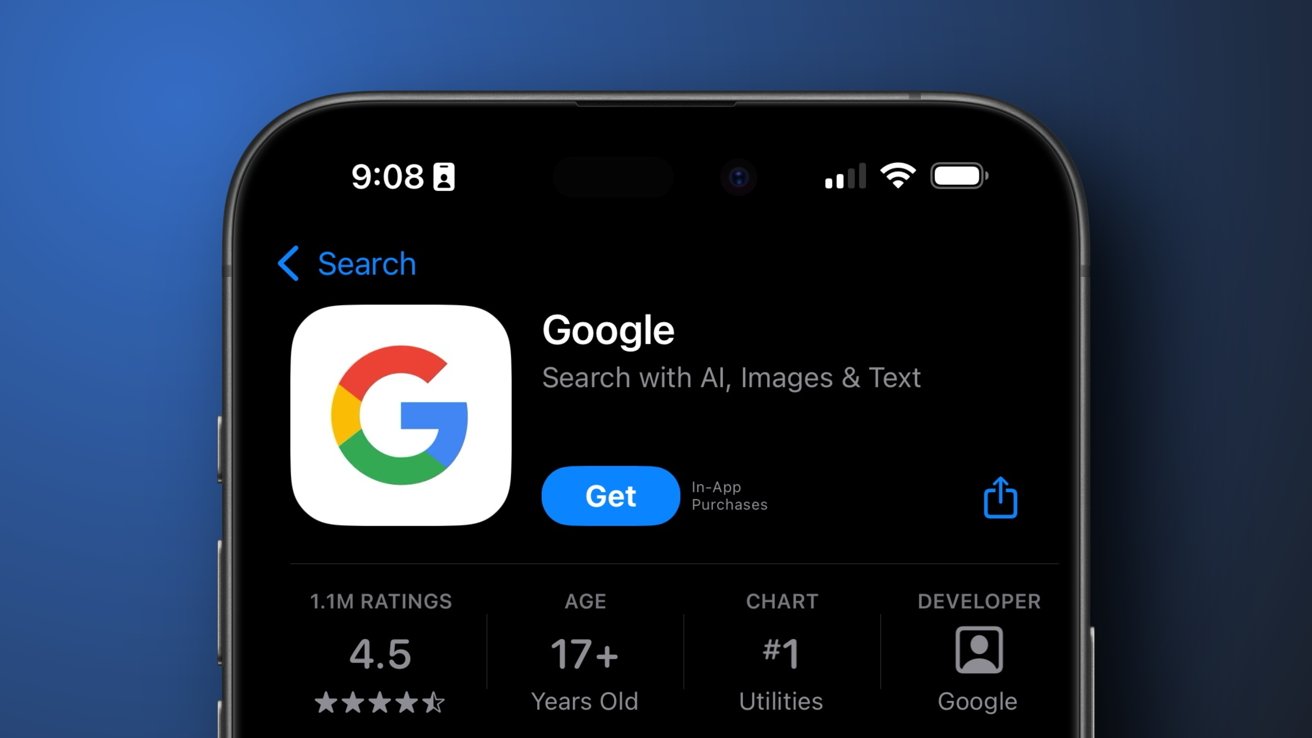The US DOJ ruled Google is an illegal monopolist, which could result in breaking up the parent company Alphabet or requiring data sharing with rivals while undercutting Google Gemini's advantage.
Google is a word synonymous with searching the web, and with good reason. It has dominated the space for decades and uses that dominant position to ensure competitors can never quite catch up.
At least, that is the ruling from the United States Department of Justice. And, according to sources speaking to Bloomberg, a breakup may be needed.
There are numerous points in time where Google could have reached monopoly status. Some say it's way back when people started using the word "Google" to mean search, while others look to the Alphabet rebrand in 2015.
Either way, Google is massive. While Google Search and text search ads are the center of this problem, they aren't the only portions of the company under scrutiny.
The anonymous sources suggest that Android could be a primary target for divestment from Alphabet. The operating system is licensed by the company but requires things like Chrome and Gmail to be pre-installed and un-deletable, for example.
Alphabet also contains products like YouTube, Waze, and the new Google-made AI Gemini. It isn't clear exactly how far a breakup would go or which companies would go where, but a divestment of Android could include more than just the operating system.
Another option could be requiring Google to provide access to its search data. The EU Digital Markets Act already requires this of Google, and a US requirement could be even more impactful for competitors.
Of course, there's also the option of breaking up Alphabet and requiring search data shares. No official decisions have been made in the case.
Whatever happens, it is clear that exclusive contracts like the one between Google and Apple won't be possible anymore. Which, in turn, has pushed Apple to search for more services revenue from sources like Patreon subscriptions.
 Wesley Hilliard
Wesley Hilliard







-m.jpg)






 Thomas Sibilly
Thomas Sibilly

 Marko Zivkovic
Marko Zivkovic

 Malcolm Owen
Malcolm Owen

 Amber Neely
Amber Neely









17 Comments
I use Safari and my default search is DDG. Occasionally, if doing a deep search, I'll use Google. Not very often.